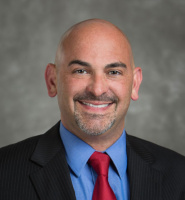Powder Springs Felony Lawyer, Tennessee
Not enough matches for Powder Springs Felony lawyer.
Below are all Powder Springs Criminal lawyers.
C.J. Lewis
✓ VERIFIEDCriminal, DUI-DWI, Misdemeanor, Felony
Mr. Lewis graduated from the University of Tennessee College of Law in May of 2015. While there he conducted legal research for the Knox County Public... (more)
Jeffrey Coller
Criminal, DUI-DWI, White Collar Crime, Felony, Misdemeanor
Knoxville Criminal Defense Attorney
Knoxville Tennessee Criminal Defense Lawyer Jeffrey Coller handles both state and federal charges including misdemeanors and felonies. He focuses on c... (more)
Douglas P. Nanney
✓ VERIFIEDCriminal, Civil & Human Rights, Car Accident, Juvenile Law
Douglas Nanney is a practicing lawyer in the state of Tennessee. Attorney Nanney received his J.D. from the University of Mississippi in 1991.
FREE CONSULTATION
CONTACTTravis Patterson
Commercial Real Estate, Wills & Probate, Family Law, Criminal
Status: In Good Standing Licensed: 14 Years
Travis Darin Patterson
Commercial Real Estate, Wills & Probate, Family Law, Criminal
Status: In Good Standing Licensed: 14 Years




